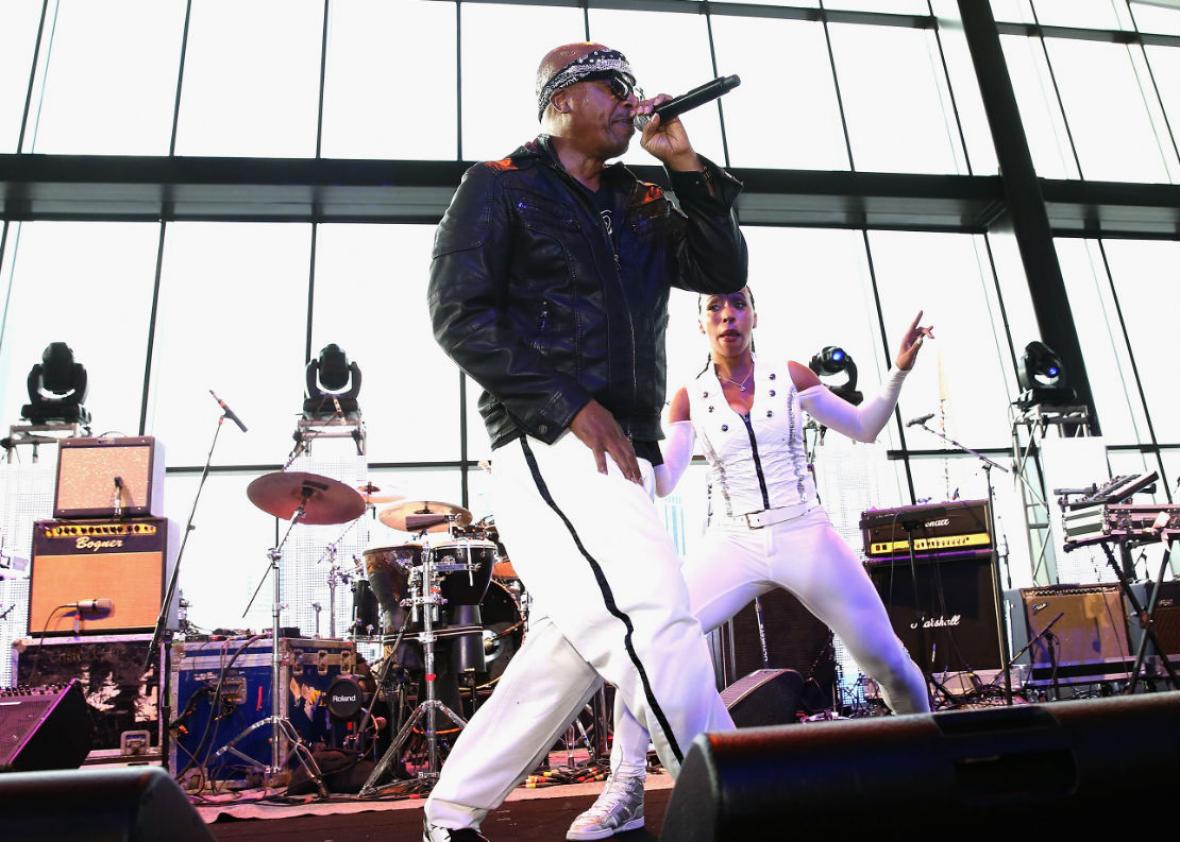Hit Parade: The Great War Against the Single Edition
The story of how the recording industry made you shell out $18 for one good song in the ’90s.

Listen to Hit Parade No. 5 with the audio player below.
Ever since the ’60s, the recording industry emphasized the album over the single. By the ’80s, they were milking as many hits as possible from an album to convince you to buy it—from Thriller to Hysteria.
But in the ’90s, labels changed tactics and tried to kill retail singles—promoting hits to radio that you could only buy on full-length albums. Why? They wanted consumers to shell out for more profitable CDs. As a result, musicians ranging from MC Hammer and Vanilla Ice, to Pearl Jam and Alanis Morissette, to Chumbawamba and Lou Bega became multiplatinum-selling artists. The industry’s ploy paid off, but it also created consumer resentment as people grew tired of paying nearly $20 to acquire one song.
Here’s the story of how the recording industry toyed with consumers and chart fans, and how the internet struck back.
This podcast was produced by Chris Berube.